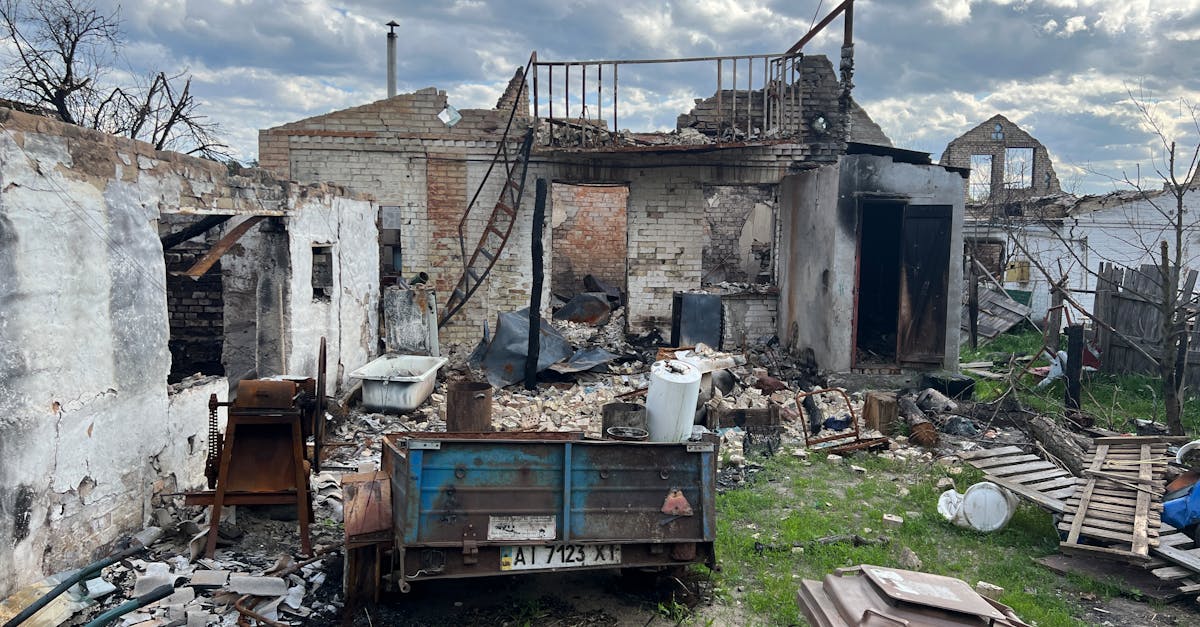Published on:
7 min read
Distressed Properties: Turning Challenges into Profitable Investments
Investing in distressed properties can be a daunting challenge, but it also presents unique opportunities for savvy investors. With the right strategies, you can transform these properties and turn them into lucrative assets.

Understanding Distressed Properties
Distressed properties typically refer to real estate that is in poor condition or facing financial difficulties. These can include foreclosures, properties in disrepair, or those with unresolved legal issues. While the condition of these properties can be overwhelming, they often come at a significantly reduced price. For investors, this is the perfect opportunity to buy low and invest in renovations or repairs to increase the property's market value. It’s important to conduct a thorough market analysis and assess the potential for profit once the necessary work is completed.
Financing Your Investment
One of the first challenges encountered with distressed properties is securing the right financing. Traditional loans may not be suitable for buying distressed properties, especially if they require extensive renovations. Fortunately, there are alternative financing options, such as hard money loans, which are based on the property’s value rather than the borrower’s creditworthiness. Additionally, private lenders and partners can also be beneficial. Understanding the costs associated with renovations and making a detailed budget can ensure that the investment remains profitable even when financing is on the higher end.
The Renovation Process
Once you have acquired a distressed property, the next step is the renovation process. This can be both challenging and rewarding. Prioritizing renovations that add the most value, such as kitchen and bathroom upgrades, can dramatically increase the property's appeal. It's essential to work with reliable contractors and ensure that all work meets local codes and standards. Additionally, consider the neighborhood’s aesthetic and market trends when planning renovations; these factors can influence the resale value. By strategically investing in upgrades and repairs, you can greatly enhance the property’s marketability.
Conclusion
Investing in distressed properties can indeed be a challenging venture, yet it can lead to great financial rewards. By understanding the market, securing appropriate financing, and executing well-planned renovations, you can turn these struggling properties into sought-after assets. With diligence and strategic thinking, the journey from challenge to profit can be both successful and fulfilling.
Published on .
Share now!










